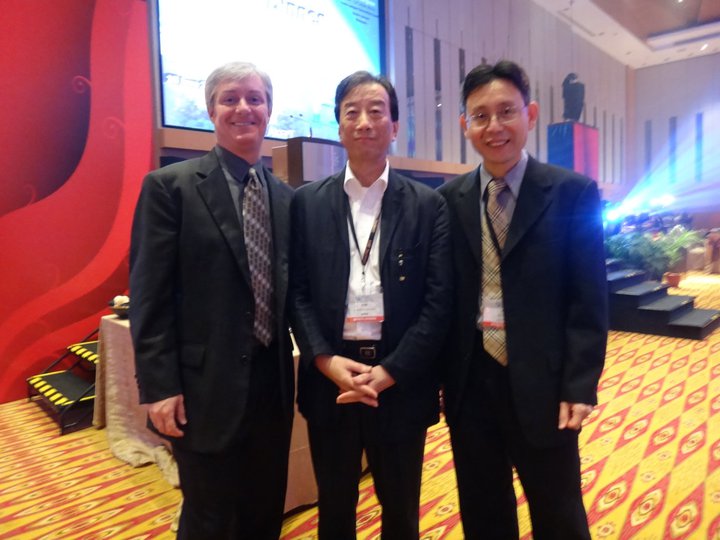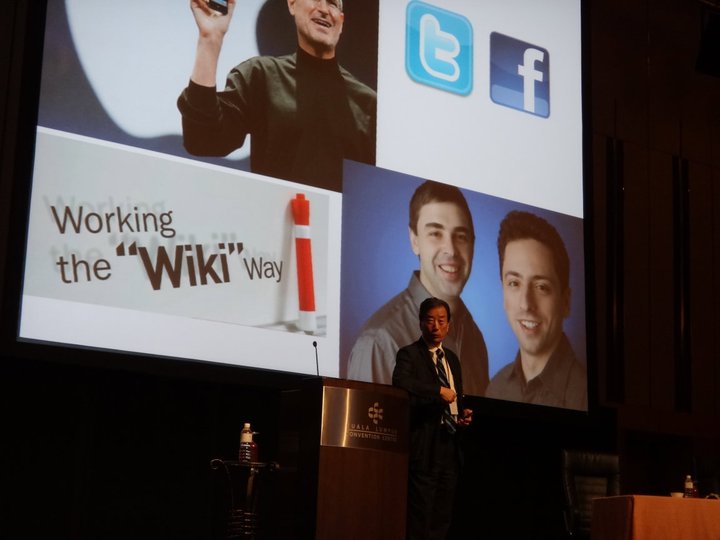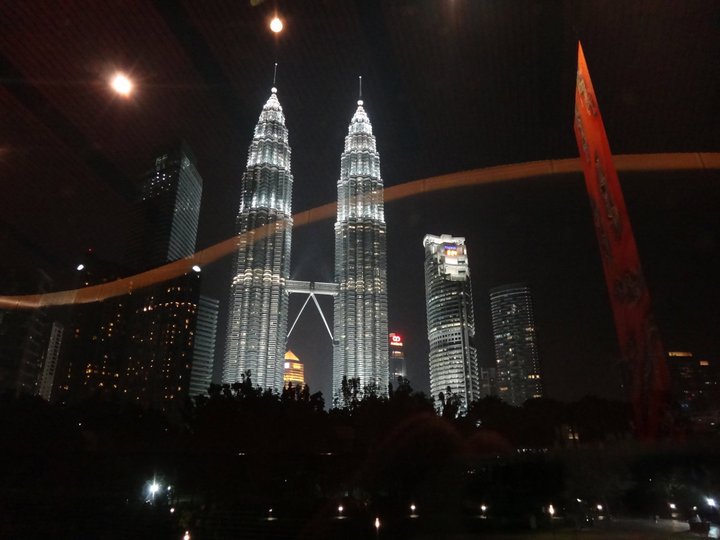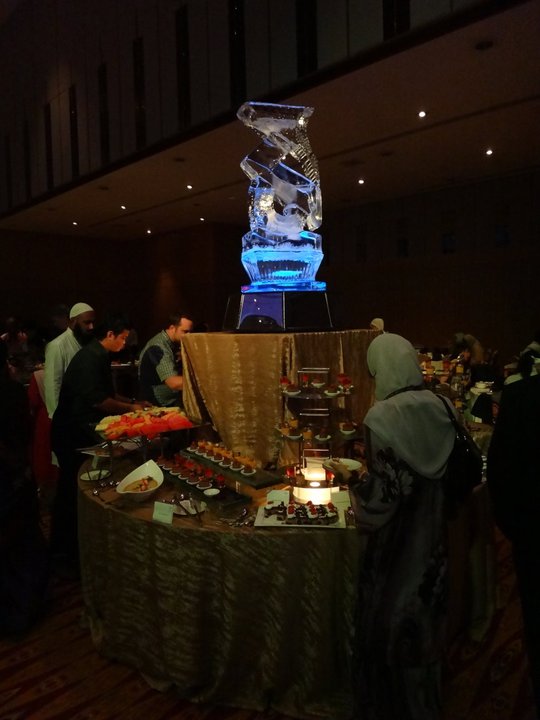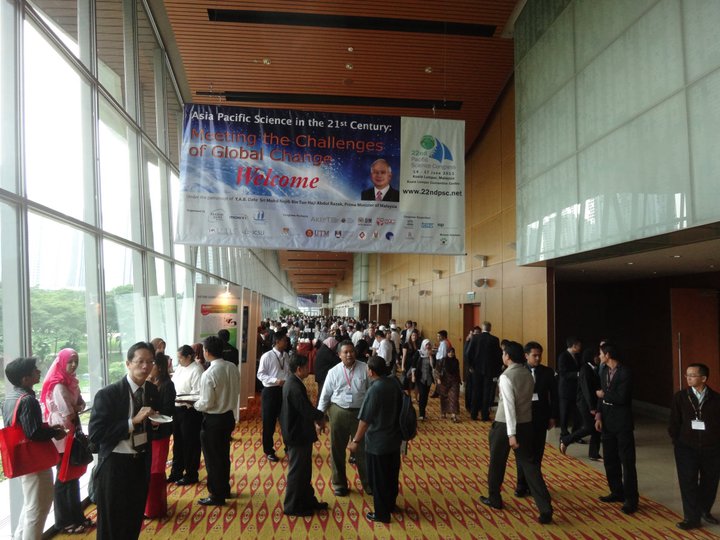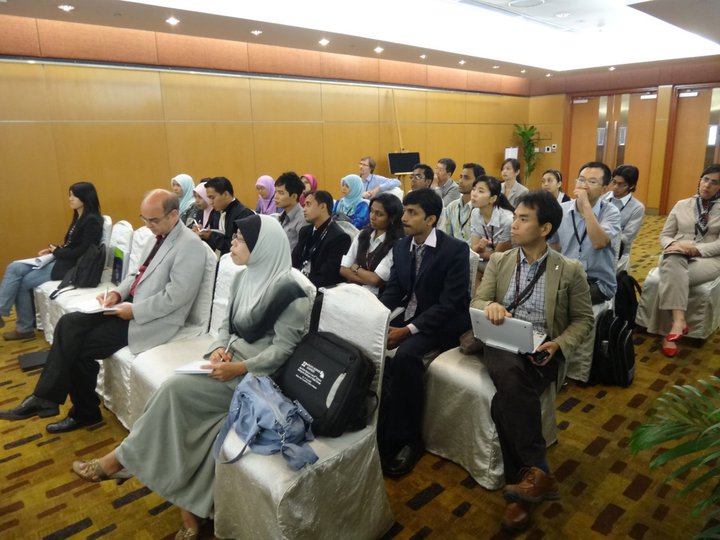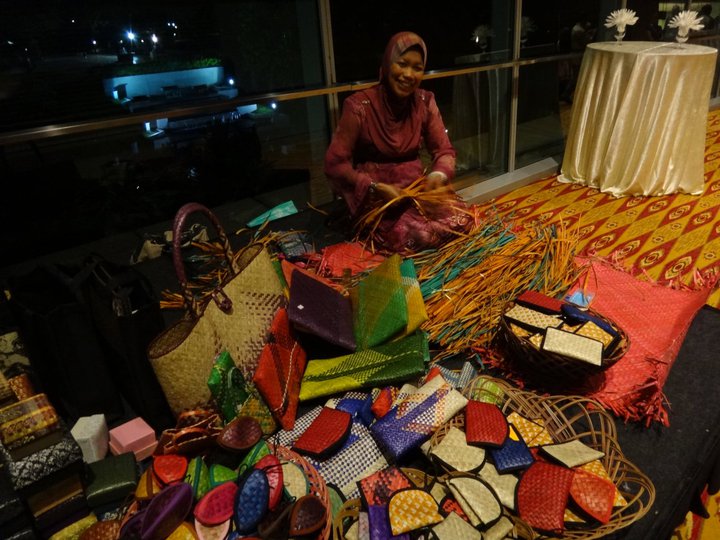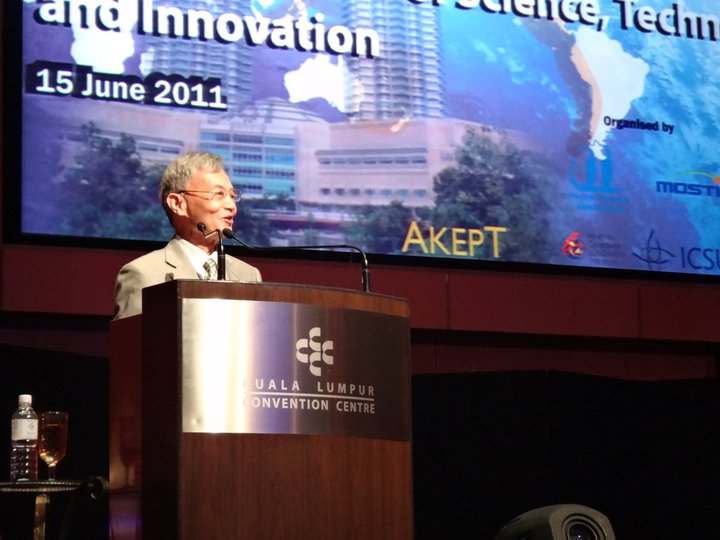I departed from Kuala Lumpur and arrived at Narita early on the morning of the 17th.
The Okinawa Institute of Science and Technology (OIST) has entered in the final stage of preparations to be certified as an official graduate school. Meetings of the executive committee were held on the 16th and 17th. I was unable to effectively participate in because the teleconferencing connection from Kuala Lumpur was bad and the connection wasn’t much better during the final morning session on the 17th after I returned to Tokyo. So unfortunately my input during these meetings was minimal.
OIST may very well become an international research facility that leads us into a new era. This type of approach qualifies as “going rogue” in Japan, but the OIST represents a hugely important project as we move into the future. This endeavor is, without question, deserving of our support.
I sat down in the afternoon for a talk with Dr. Robert W. Conn, CEO of the Kavli Foundation, Hitoshi Murayama of the IPMU at the University of Tokyo (which is a global research institute in the real sense of the word) and a few others. Dr. Murayama (Ref. 1) is one of only a handful of truly global leaders in opening new science frontiers. The IPMU is an institute which has become well known throughout the world over the past several year for its superior and, one could even say, unique approach, and has received the global “stamp of approval.” Dr. Murayama also gave a presentation at TEDxTokyo2010.
Drs. Kalvi and Conn are true “mavericks.” They had just met ten days before with President Obama at the White House with the 2010 Kavli Laureates.
Dr. Conn and I crossed paths at UCLA and he often reads this blog. We are kindred spirits and our conversations are quickly became very lively. Since the mission of the Kalvi Foundation is to provide backup for leading university research labs around the world and support research in the areas of space, nanoscience, and neuroscience, we had plenty to talk about. I really hope that we can work together here in Japan.
Dr. Maruyama is cut from the same mold as Joi Ito, the newly appointed head of the MIT Media Lab, whom I introduced on this blog, and I was pleased to be able to engage him, as he happened to be in Tokyo, in stimulating conversation.
I really hope that we can also send more graduate students from Japan to the Media Lab.
Murayama-san and Ito-san are both Japanese mavericks of the global world. I think it is essential for the revitalization of Japan, that we see more of these mavericks in Japan.
